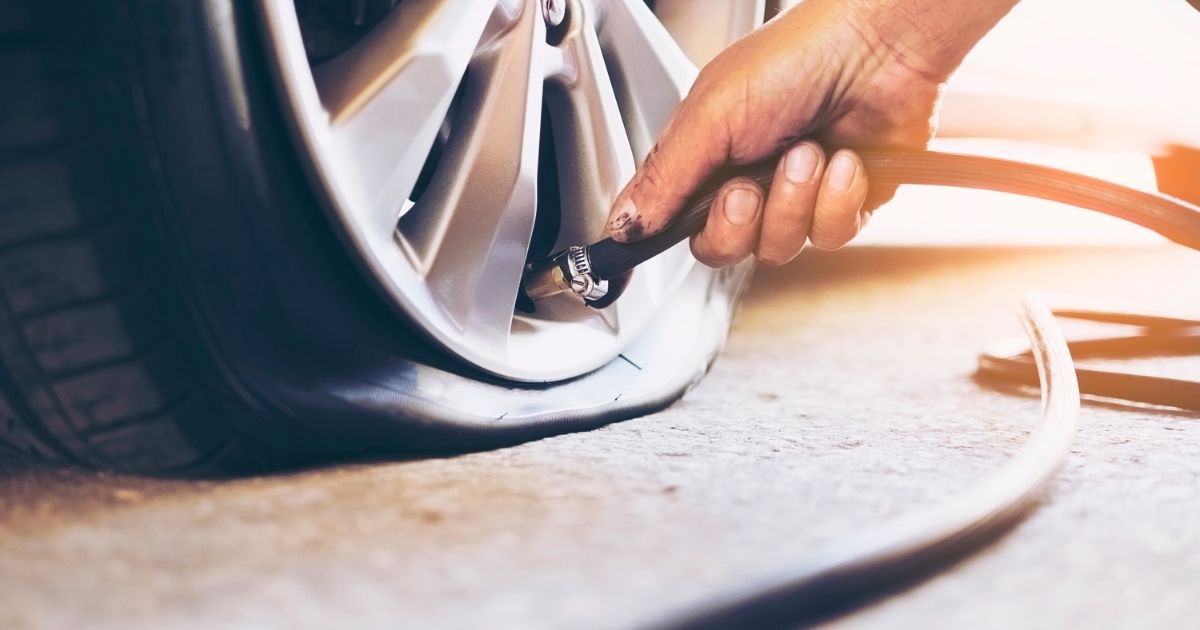Can Underinflated Tires Cause Car Accidents?

Some of the most common causes of car accidents are entirely preventable. For example, distracted driving accidents can be prevented by always keeping your attention focused on the road. Drunk driving accidents are preventable if you do not get behind the wheel after consuming alcohol. Maintaining your vehicle is another essential step all motorists should take to take.
According to the National Highway Traffic Safety Administration (NHTSA), tire issues cause approximately 11,000 car accidents yearly. Underinflated tires are one of the most common tire issues that can cause tire blowouts and other potentially serious car accidents.
What Are the Risks of Driving With Underinflated Tires?
Now that summer is here, the increase in temperature will impact the pounds per square inch (PSI) inside your vehicle’s tires. Tire blowouts are one of the most common safety hazards associated with underinflated tires. When a tire has low air pressure, more of the tire comes in contact with the road. This generates heat, leading to a tire blowout or an explosion. When this happens, maintaining control of the vehicle can be very difficult.
How Can I Ensure That My Tires Are Properly Inflated?
You do not need to be a trained mechanic to check your tires’ air pressure and ensure that they are correctly inflated. The recommended tire pressure is usually found on the driver’s side door jam or in the owner’s manual.
The best way to check the air pressure in the tires is to purchase a tire gauge. Unscrew the valve cap on the tire, place the gauge onto the valve stem and wait for a reading. The PSI measurement will appear on the screen if you have a digital gauge. With a standard gauge, the air pressure will push a small bar out from the bottom of the gauge and provide the PSI measurement.
What Other Tires Safety Tips Should I Keep in Mind?
The following are tire safety recommendations that all motorists should follow:
- Check the tire treads. If the tread is worn down, the tires have less grip and traction. This can be particularly hazardous during inclement weather conditions. A mechanic can check the tread, or you can check it by doing the “penny test,” placing a penny in the tread with Lincoln’s head upside down. If you can see the top of Lincoln’s head, you should probably replace the tires.
- Have the tires rotated. Tires should generally be rotated every 5,000 to 8,000 miles, depending on the make and model of the vehicle.
- Use the right tires for your vehicle. Always use the tire size recommended by the vehicle manufacturer.
Savannah Car Wreck Lawyers at Kicklighter Law Represent Those Injured in Tire-Related Car Accidents
If you were involved in a tire-related car accident, contact our Savannah car wreck lawyers at Kicklighter Law. To schedule a consultation, call us at 912-754-6003 or contact us online. Located in Springfield, Georgia, we serve clients in Effingham County, Savannah, and the surrounding areas.
